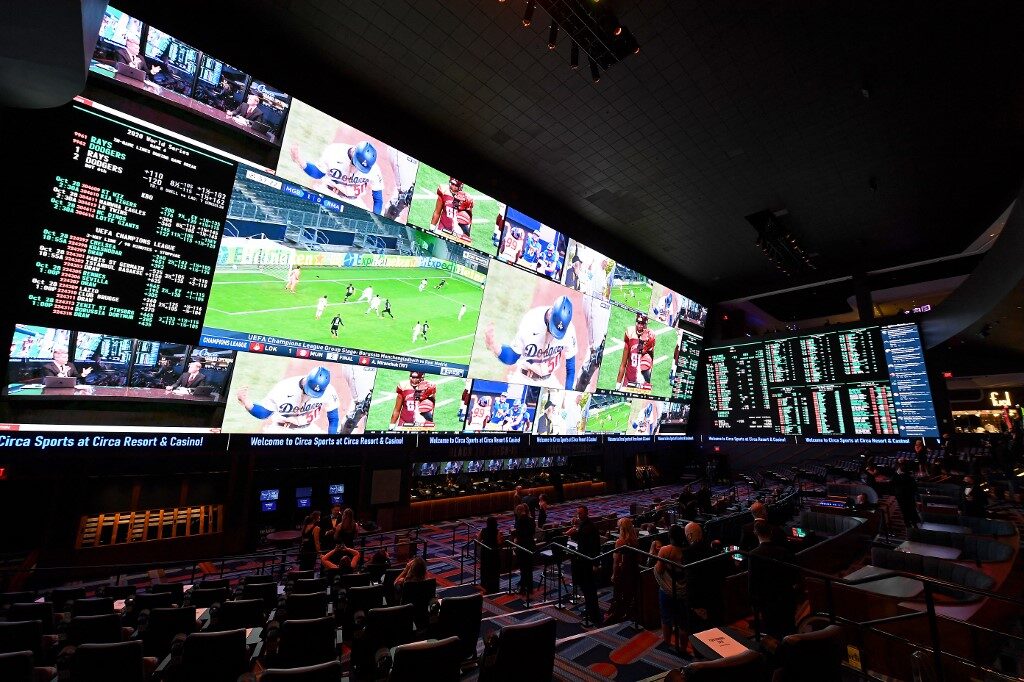
For the United States, New Jersey sports betting has been a pioneer. Mobile sports betting has grabbed the spotlight recently but regulated online poker and casino games preceded it and New Jersey became the third state in the nation to license, regulate, and launch both back in 2013.
Black Friday Spurred Revolution
Nevada was not so surprisingly the first state to regulate and license online poker and casino games in 2011 with Delaware following closely behind in 2012 while New Jersey would do the same the following year. And 2013 would see all three states launch their regulated and licensed platforms but it only took nine months for New Jersey to go from signing off on the bill to giving its operators the green light to go live.
The online gaming versions of poker and casino games were initially positioned to augment the land-based casinos in the Garden State but it soon became clear that there was much more interest in gambling from home than driving to a casino.
The spark that lit the online gambling fuse in the United States was the Department of Justice’s Black Friday shutdown of some of the biggest offshore poker and gambling sites like PokerStars on April 14, 2011. In an instant, U.S. bettors could no longer access these sites and millions upon millions of dollars were stranded, enraging the U.S. bettors who had accounts at the sites affected.
But while the DOJ and FBI were busy dealing with the aftermath, there were legal opinions from the DOJ Office of Legal Counsel that said the Unlawful Internet Gaming Enforcement Act (UIGEA), signed into law by President George Bush in 2006, only applied to sports betting while online lotteries, such as those in Illinois and New York, were not violating it or the Wire Act of 1961.
And in a confluence of events that created a perfect storm, New Jersey passed a referendum to allow sports betting. But with the recent opinion by the DOJ regarding online lottery sales, there was a pivot to allowing online poker and casino games which had nothing to do with sports betting, yet, was more apt to gain traction based on the recent events.
Christie Backtracks
Ironically, the man who spearheaded the regulation and licensing of sports betting throughout the United States, former New Jersey Governor Chris Christie, initially vetoed an online casino bill back in 2011. However, PokerStars was trying to make nice with the feds and was also eyeing the failing, and now-defunct, Atlantic Club Casino.
The strategy was to buy the Atlantic City hotel and gain a foothold in the American market by running that on the retail end and tethering an online casino to it. When other casino owners got wind of the details, they immediately shifted gears and allied to promote online gaming, an idea to which they were previously ambivalent.
Chris Christie understood the way the political winds were shifting and decided to put the winds of fortune at his back by reversing his previous stances and embracing wholeheartedly online gambling. The regulation and licensing followed shortly thereafter and Christie was the toast of the town for both operators and bettors alike in Atlantic City and throughout the state.
In 2013, Christie signed the bill to allow regulated online gaming and poker in the state and said at the time, “This was a critical decision and one that I did not make lightly. But with the proper regulatory framework and safeguards that I insisted on including in the bill, I am confident that we are offering a responsible yet exciting option that will make Atlantic City more competitive while also bringing financial benefits to New Jersey as a whole.”













